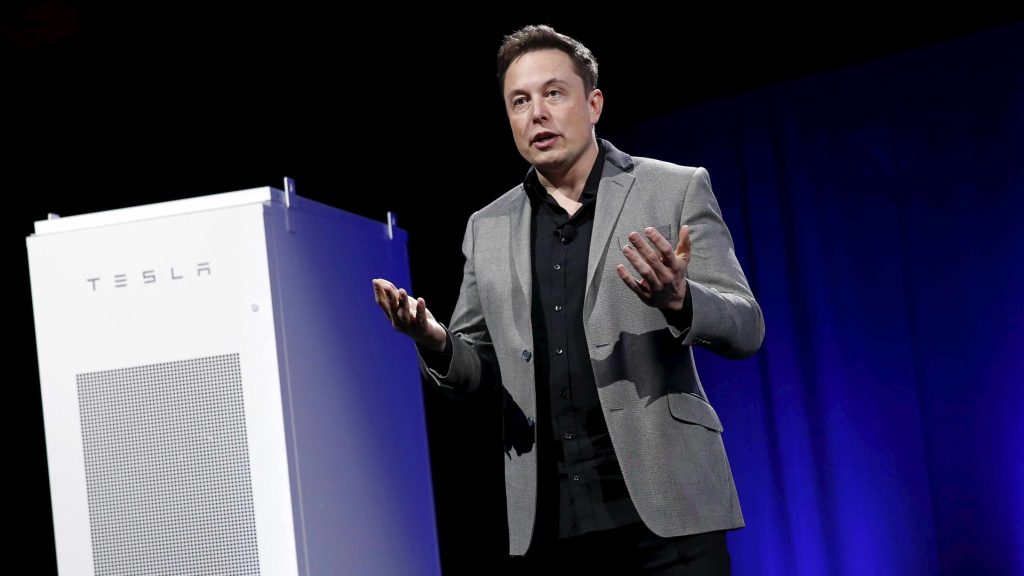Elon Musk — the world’s richest man — reached a deal Monday to acquire Twitter for approximately $44 billion. This comes after the social media platform has faced growing accusations of censorship, including that of Catholic and pro-life voices. So what does this move mean for Catholics?
Musk, the head of Tesla and SpaceX, emphasized the importance of free speech in a statement announcing his Twitter takeover.
“Free speech is the bedrock of a functioning democracy, and Twitter is the digital town square where matters vital to the future of humanity are debated," he said of the platform with nearly 400 million users. In a tweet Monday, he added, “I hope that even my worst critics remain on Twitter, because that is what free speech means.”
Father Edmund Waldstein, O.Cist., a lecturer in moral theology at The Pope Benedict XVI Philosophical-Theological University in Heiligenkreuz, Austria, told CNA that the Church teaches that people have a right to freedom of speech.
In an email interview Tuesday, Waldstein said that the right to free speech is derived from the “duty to seek and serve the truth.” But, he added, Church teaching does not entail an unlimited right to freedom of speech.
“There is no right to spread lies, or false and harmful opinions,” he explained. “There is no right to use social communications to incite hatred and violence against other persons or groups.”
He added that big technology companies like Facebook and Twitter should not be the arbiters of truth in the public discourse. Instead, he said, those companies “ought to be strongly regulated by the state to ensure that they do not use their power to advance partisan interests.”
Waldstein said that the task of regulating speech typically is the responsibility of the state, and, in theological matters, the Church. But Waldstein cautioned that the authority of the state “is undermined when the state itself is committed to a false ideology.” He named the suppression of free speech in the Soviet Union as an example.
Waldstein said that the Second Vatican Council teaches that “the juridical order should protect ‘the right to express one's own opinion’ (Gaudium et spes §73).” He added that “this includes the right to use the dominant means of social communication in society.”
Twitter’s actions have broad implications that have impacted Catholic News Agency stories. In January 2021, Catholic World Report said its Twitter account was temporarily locked after sharing a story syndicated from Catholic News Agency describing Biden appointee Dr. Rachel Levine as “a biological man who identifies as a transgender woman.” A Twitter spokesperson later told CNA, “The enforcement action was taken in error and has been reversed.”
More recently, in March, Christian satire site Babylon Bee said its account was locked after calling Levine, the assistant secretary for health for the Department of Health and Human Services, its “Man of the Year” for 2022.
Pro-life groups, including Live Action and the Susan B. Anthony List, have accused Twitter and other big tech companies of censorship. In a “Censorship of Pro-life Speech by Big Tech” timeline, SBA List documents that “Public record shows that big tech companies have exhibited a pattern of censoring pro-life speech, some going so far as to ban pro-life accounts altogether.”
In a tweet Tuesday, Live Action President Lila Rose listed some ways she wanted Elon Musk to improve Twitter. She called for equal and transparent treatment of liberal and conservative views, an end to censorship or suppression of pro-life views, and enforced bans on any child predator material.

